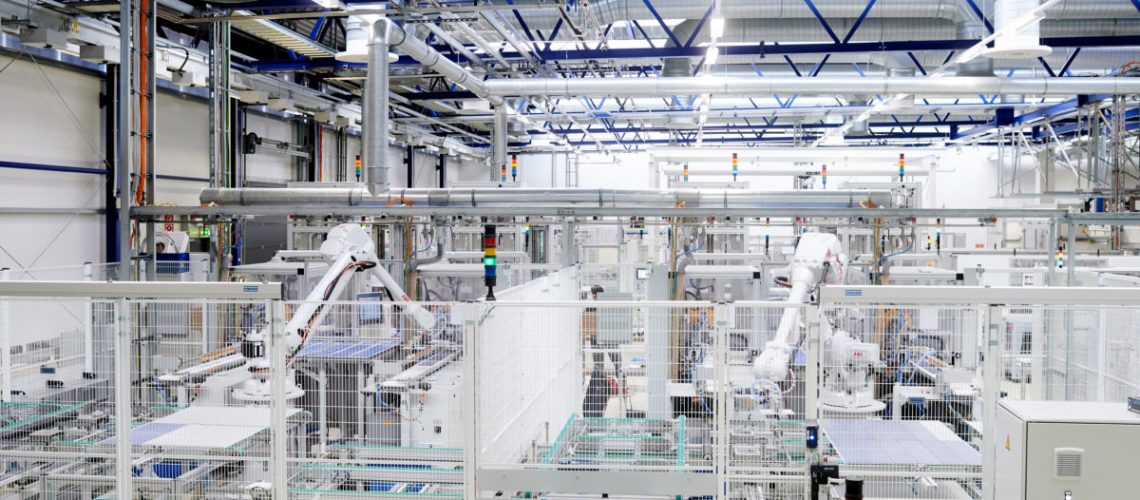Two European energy companies, Meyer Burger and BayWa r.e., have finalized a contract for their U.S. operations in which the developer will purchase 1.25 GW of modules from the manufacturer’s Arizona facility from 2025 to 2029.
BayWa r.e. entered into a procurement agreement for 1.25 GW of solar modules with Meyer Burger, a manufacturer about to inaugurate a facility in Goodyear, Arizona. Set to kick off in 2025 and run through 2029, Meyer Burger will deliver 250 MW of utility-scale glass-glass solar modules annually.
BayWa r.e. noted that they have a 9 GW pipeline of solar projects in the U.S.
Hints of this partnership were dropped by Meyer Burger CEO Gunter Erfurt during an interview with Roth Capital MKM. This contract contributed to Meyer Burger’s decision to expand the facility’s manufacturing capacity from 1.6 GW annually to 2.0 GW.
Meyer Burger, a Swiss manufacturer, has secured agreements for utility-scale module capacity with DE Shaw Renewable Investments and Ikea, alongside BayWa r.e. In the Roth interview, ERfurt suggested that the nature of the U.S. residential distribution model tends might preclude the Goodyear facility’s residential manufacturing lines from long-term offtake contracts.
While full details of the agreements have not been disclosed, Erfurt indicated that the deals with Ikea and the formerly unannounced partner – now known to be BayWa r.e. – establish a closer connection between the companies and the Arizona factory. According to available information, both Ikea and BayWa r.e. have committed to contribute capital to support the facility’s expansion and cover ongoing capital expenditures, including the purchase of glass, wafers, and other essential components.
Erfurt had previously revealed that the DE Shaw contract (and presumably the others) incorporates a floating solar wafer price. This condition protects Meyer Burger from price inflation, while permitting DE Shaw to reap benefits from the downward trend in prices, a current industry reality.
This deal is in line with the industry trend of solar developers taking on manufacturing risk, while manufacturers leverage offtake contracts more aggressively to finance their facilities.



